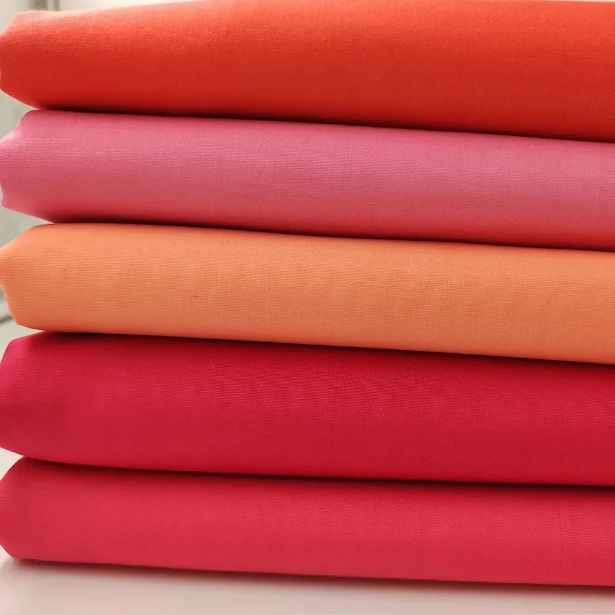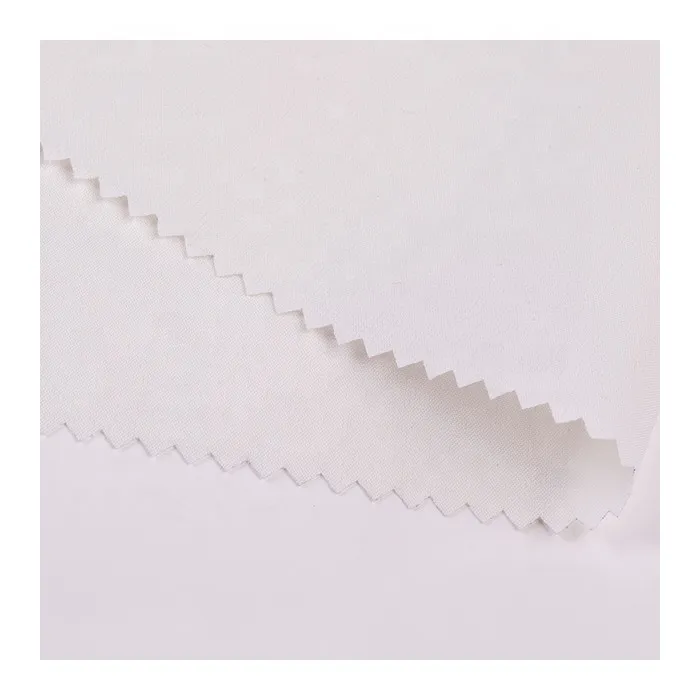
- Afrikaans
- Albanian
- Amharic
- Arabic
- Armenian
- Azerbaijani
- Basque
- Belarusian
- Bengali
- Bosnian
- Bulgarian
- Catalan
- Cebuano
- Corsican
- Croatian
- Czech
- Danish
- Dutch
- English
- Esperanto
- Estonian
- Finnish
- French
- Frisian
- Galician
- Georgian
- German
- Greek
- Gujarati
- haitian_creole
- hausa
- hawaiian
- Hebrew
- Hindi
- Miao
- Hungarian
- Icelandic
- igbo
- Indonesian
- irish
- Italian
- Japanese
- Javanese
- Kannada
- kazakh
- Khmer
- Rwandese
- Korean
- Kurdish
- Kyrgyz
- Lao
- Latin
- Latvian
- Lithuanian
- Luxembourgish
- Macedonian
- Malgashi
- Malay
- Malayalam
- Maltese
- Maori
- Marathi
- Mongolian
- Myanmar
- Nepali
- Norwegian
- Norwegian
- Occitan
- Pashto
- Persian
- Polish
- Portuguese
- Punjabi
- Romanian
- Russian
- Samoan
- scottish-gaelic
- Serbian
- Sesotho
- Shona
- Sindhi
- Sinhala
- Slovak
- Slovenian
- Somali
- Spanish
- Sundanese
- Swahili
- Swedish
- Tagalog
- Tajik
- Tamil
- Tatar
- Telugu
- Thai
- Turkish
- Turkmen
- Ukrainian
- Urdu
- Uighur
- Uzbek
- Vietnamese
- Welsh
- Bantu
- Yiddish
- Yoruba
- Zulu
Premium Polyester Poplin Fabric for Apparel & Crafts Durable & Versatile Material
- Introduction to polyester poplin fabric
- Technical characteristics and performance data
- Comparison with other fabric types: A data-driven analysis
- Polyester poplin versus polyester cotton poplin: Vendor comparison
- Customization options and innovative solutions
- Practical application cases across industries
- Conclusion on polyester poplin fabric and its industry-leading prospects

(polyester poplin fabric)
Introduction to Polyester Poplin Fabric
Polyester poplin fabric stands out in the global textile market for its finely balanced blend of durability, versatility, and aesthetic qualities. Crafted from tightly woven polyester fibres in a plain weave, this fabric offers a smooth, lightweight, yet strong surface. Widely used in apparel, home textiles, and industrial sectors, poplin polyester fabric has witnessed a consistent rise in demand; according to the Global Textiles Market Report 2023, polyester-based poplin accounted for 27% of the world’s woven fabric consumption last year. This surge is attributed to the material's adaptability and excellent performance-to-cost ratio, propelling its preference in both mass-market and specialized end uses.
Technical Characteristics and Performance Data
Polyester poplin fabric characteristics are defined by optimized weaving technology and advanced finishing processes. The tightly packed, plain weave structure grants the fabric a high tear strength and improved dimensional stability, while maintaining a soft hand-feel. As per laboratory analysis, polyester poplin typically exhibits a tensile strength between 450-600 N/5cm (warp) and 350-500 N/5cm (weft). Its fiber composition endows it with superior color retention, wrinkle resistance, and minimal shrinkage even after repeated industrial laundering cycles—maintaining its shape and vibrancy through 80+ wash cycles with <2% shrinkage.
Furthermore, poplin polyester fabric demonstrates a moisture regain rate of approximately 0.4%, far outperforming natural fiber-based alternatives in humid conditions. Its air permeability concerns are addressed through specific denier blending and calendaring options, catering to different sector requirements from medical uniforms to event backdrops.
Comparison with Other Fabric Types: A Data-driven Analysis
To assess the practical competitiveness of polyester poplin fabric against other common woven fabrics, consider the following comparative data:
| Fabric Type | Raw Material | Tensile Strength (N/5cm) | Shrinkage After 80 Washes | Wrinkle Resistance (0-5) | Moisture Absorption (%) | Average Cost (USD/meter) |
|---|---|---|---|---|---|---|
| Polyester Poplin | 100% Polyester | 450-600 | <2% | 4.5 | 0.4 | 1.40 |
| Polyester Cotton Poplin | 65% Polyester 35% Cotton | 400-510 | 3-4% | 3.8 | 3.6 | 1.78 |
| Cotton Poplin | 100% Cotton | 320-410 | 5-6% | 2.9 | 6.7 | 2.02 |
| Nylon Taffeta | 100% Nylon | 380-520 | 1.8% | 4.3 | 4.0 | 1.65 |
The table highlights polyester poplin fabric's technical advantage: offering a high strength-to-weight ratio, top-tier wrinkle resistance, and minimal shrinkage—all at a competitive price point. This makes it particularly suited for industries requiring dependable, economical, and easy-to-maintain textiles.
Polyester Poplin Versus Polyester Cotton Poplin: Vendor Comparison
A significant market consideration is the differentiation between pure polyester poplin and polyester cotton poplin fabric, as well as the reputations of key vendors producing these textiles. Here is a direct comparative profile of four leading manufacturers known globally for their innovation and quality standards:
| Vendor | Main Product | Annual Output (tons) | Eco-certification | Lead Time (days) | Customization Capability | Client Region Coverage |
|---|---|---|---|---|---|---|
| TexWeave Group | 100% Polyester Poplin | 20,000 | OEKO-TEX, GRS | 18-25 | High | Global |
| LofteX Mills | Polyester Cotton Poplin (65/35) | 15,200 | BSCI, OEKO-TEX | 22-30 | Medium | EU, US |
| Everreliance Textiles | Polyester Poplin, T-400 variant | 9,800 | ISO 14001 | 16-20 | High | Asia, North America |
| FabriTrend Industries | Polyester Cotton Poplin | 11,500 | OEKO-TEX, Global Recycled | 25-35 | High | Global |
Leading polyester poplin suppliers emphasize rapid lead times and broad customization, whereas polyester cotton poplin vendors draw market advantage through eco-certification and established presence in Western markets. This distinction facilitates informed sourcing strategies based on client objectives—the pure polyester version remaining the fabric of choice for demanding institutional and performance-focused segments.
Customization Options and Innovative Solutions
Today's polyester poplin fabric buyers demand far more than off-the-shelf solutions; the industry is increasingly driven by engineered customization for specialized applications. Suppliers now offer options including specific denier and filament counts, water-repellent or flame-retardant finishes, antibacterial treatments, and dyeing with eco-friendly, high-fastness colorants (≥4 ISO 105-C06). For large-scale uniform or branding projects, digital and pigment printing technologies allow for 100,000+ color and pattern combinations, ensuring high-fidelity logo and motif reproduction.
Special mention must be made of advancements in recycled polyester yarns. According to recent reports, adoption of GRS-certified recycled polyester in poplin fabrics now accounts for over 18% of exports from the leading Chinese and European mills, echoing mounting pressure for circular economy solutions. This shift dramatically reduces environmental impact without compromising the stringent technical benchmarks demanded by clients in fast fashion and commercial interiors.
Practical Application Cases Across Industries
The real-world prowess of polyester poplin unfolds in its widespread applications. From high-throughput healthcare systems in North America to fashion apparel in Europe, case studies demonstrate the fabric’s ability to drive down maintenance costs and elevate product performance.
- Healthcare & Medical Uniforms: In 2022, a national US hospital chain transitioned to 100% polyester poplin uniforms, reporting 28% lower replacement rates and cutting annual textile expenditure by over $400,000 due to improved stain removal and shape retention.
- Event Decorators & Exhibition Backdrops: Major exhibition organizers in Germany selected digitally printable polyester poplin owing to its 94% light-blocking efficiency and flame-retardant certification (DIN 4102 B1). The result: safer, more vibrant booth layouts scalable up to 3.2m widths.
- Corporate Workwear: European logistics brands deploying customized polyester cotton poplin work shirts benefited from balanced comfort and resilience. Employee satisfaction surveys cited a 15% improvement in comfort scores and notable reduction in garment pilling.
- Outdoor Equipment Covers: A major US-based manufacturer reported their covers in pure polyester poplin fabric outlasted standard alternatives by at least 1.5 years in UV-exposed conditions, validated by ISO 4892-2 accelerated weathering tests.
These data points underscore polyester poplin's wide-ranging capabilities—not just as a budget-friendly substitute, but as the backbone of high-performance textile solutions.
Conclusion and Future Prospects of Polyester Poplin Fabric
Polyester poplin fabric emerges as the definitive modern textile: durable, scalable, and future-ready. Its merging of technical excellence, cost efficiency, and flexibility underpins its acceleration across global industries. Producers are investing in smarter, cleaner production routes—circular sourcing, waterless dyeing, and advanced coating technologies. As both small-batch buyers and large institutional players continue to pivot towards textiles that embody long-term value and consistent performance, polyester poplin fabric is set to play a central role—meeting today’s demand and tomorrow’s challenges in equal measure.

(polyester poplin fabric)
FAQS on polyester poplin fabric
Q: What is polyester poplin fabric?
A: Polyester poplin fabric is a durable, plain-weave textile made primarily from polyester fibers. It features a crisp feel and subtle ribbed texture. This fabric is popular for garments due to its smooth finish and wrinkle resistance.
Q: What are the main characteristics of polyester poplin fabric?
A: Polyester poplin fabric is lightweight, resistant to wrinkles, and maintains its shape well. It also offers quick-drying properties, making it easy to care for. The fabric's smooth surface makes it suitable for printing and dyeing.
Q: How does poplin polyester fabric differ from cotton poplin?
A: Poplin polyester fabric is more wrinkle-resistant and durable compared to cotton poplin. Cotton poplin is softer and more breathable, but may require more care. Polyester versions are often chosen for uniforms and event decorations.
Q: What is polyester cotton poplin fabric?
A: Polyester cotton poplin fabric is a blended textile combining polyester and cotton fibers. It offers the comfort and breathability of cotton with the strength and wrinkle resistance of polyester. The blend makes it versatile and easy to maintain.
Q: What are common uses for polyester poplin fabric?
A: Polyester poplin fabric is widely used in shirts, dresses, uniforms, and table linens. Its durability and crisp appearance make it suitable for both casual and formal wear. It's also used for lightweight jackets and event decorations.
-
The Versatility and Elegance of White Cotton Poplin FabricNewsJun.23,2025
-
The Luxurious Comfort of Carded CottonNewsJun.23,2025
-
Explore the Luxurious Comfort of Cotton Flannel ClothNewsJun.23,2025
-
Discover the Versatility of Cotton Poplin ClothNewsJun.23,2025
-
Bleach Cotton FabricNewsJun.23,2025
-
100 Cotton BlendNewsJun.23,2025
-
Versatile Elegance with Poplin Fabric for SaleNewsMay.15,2025
